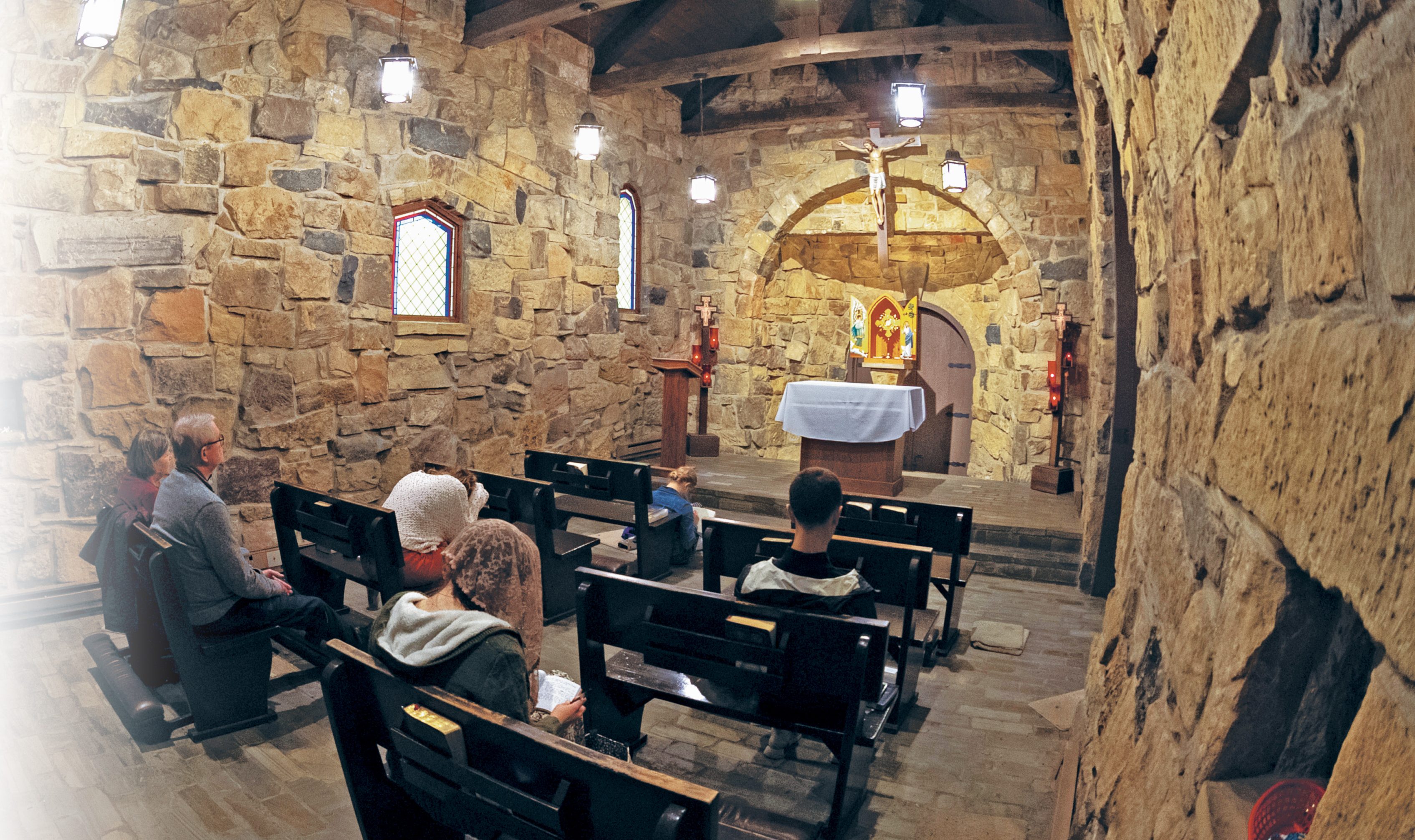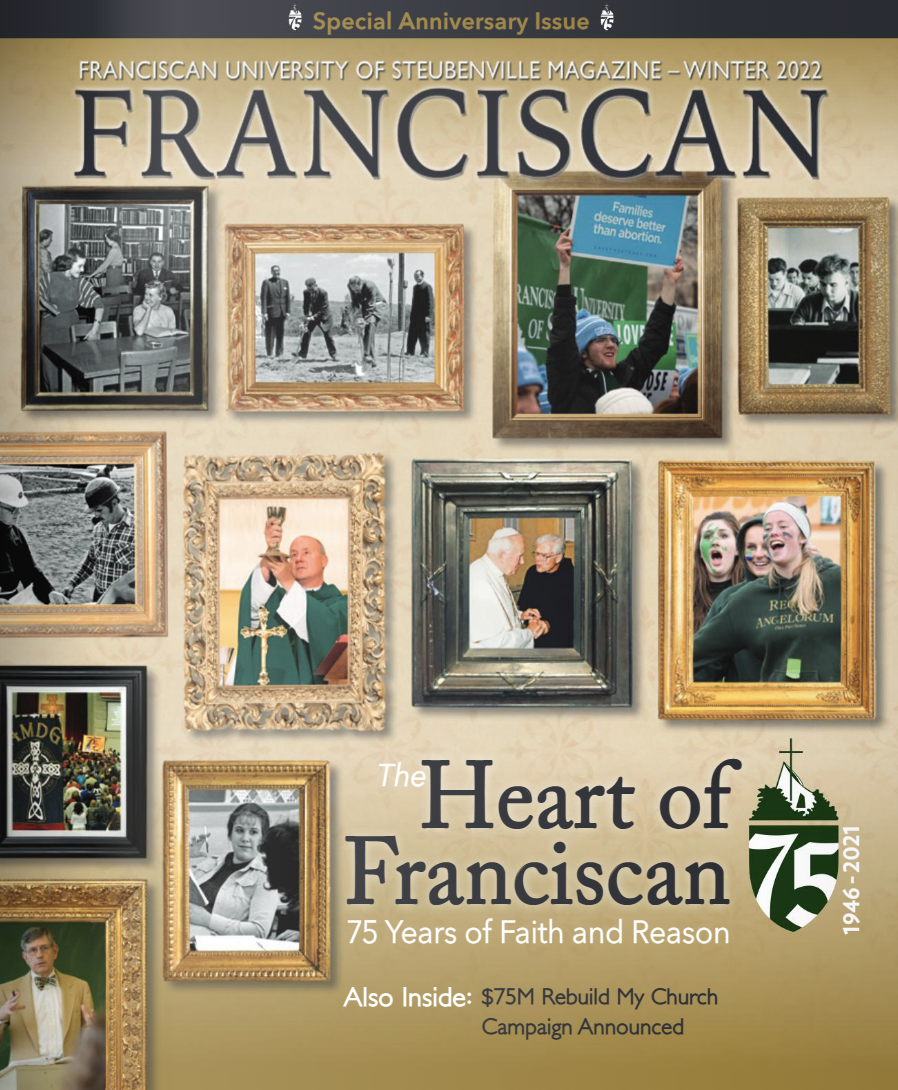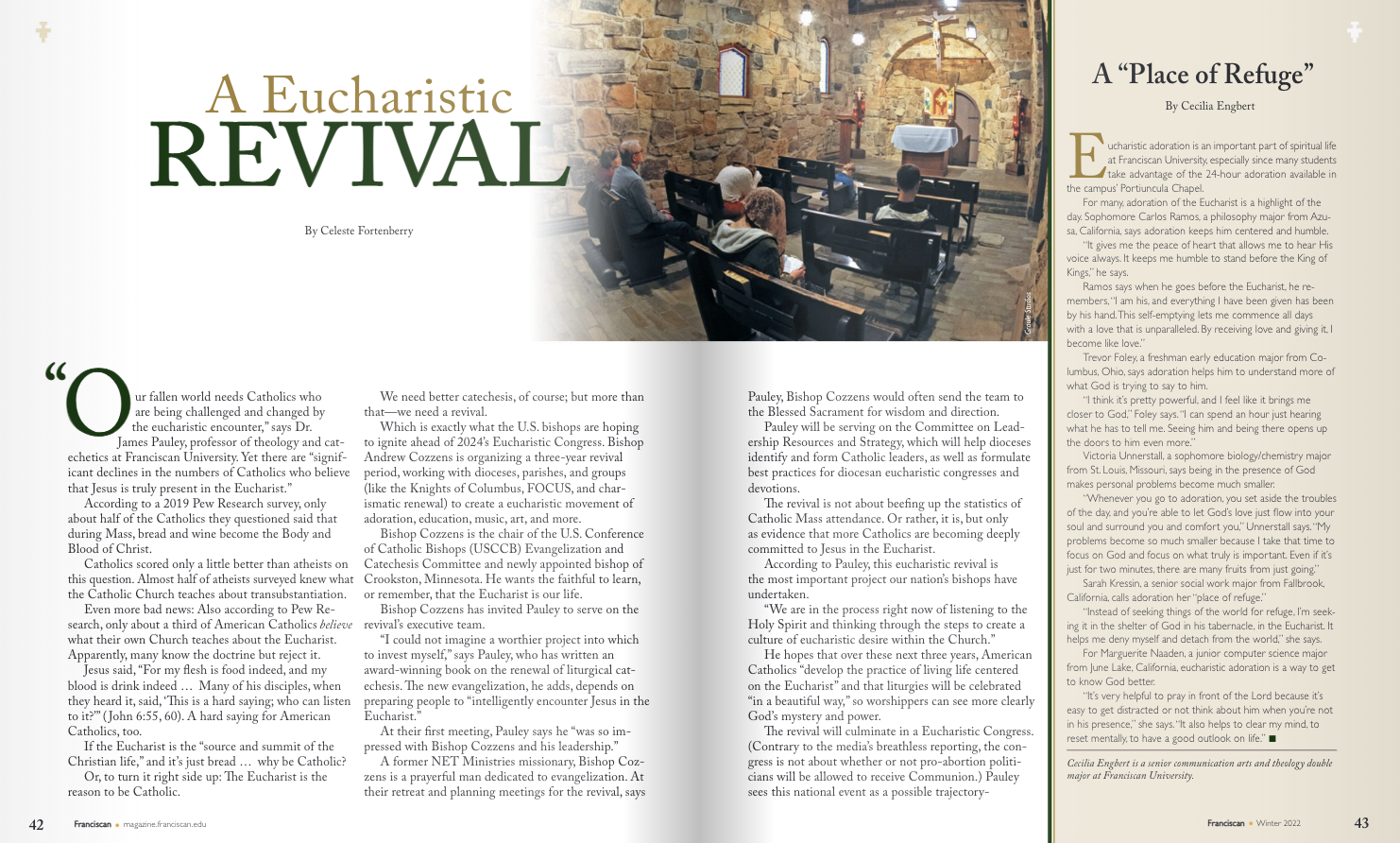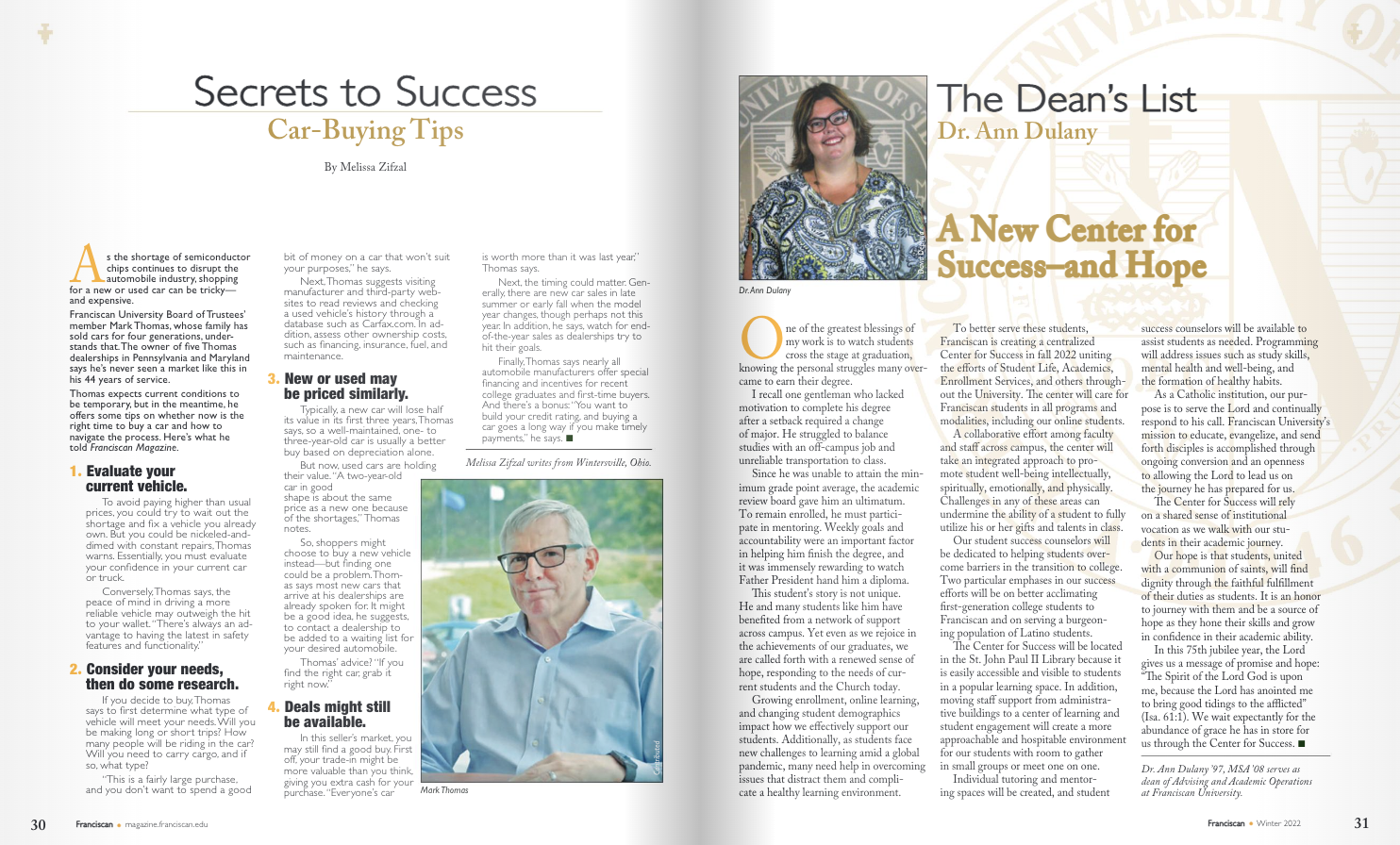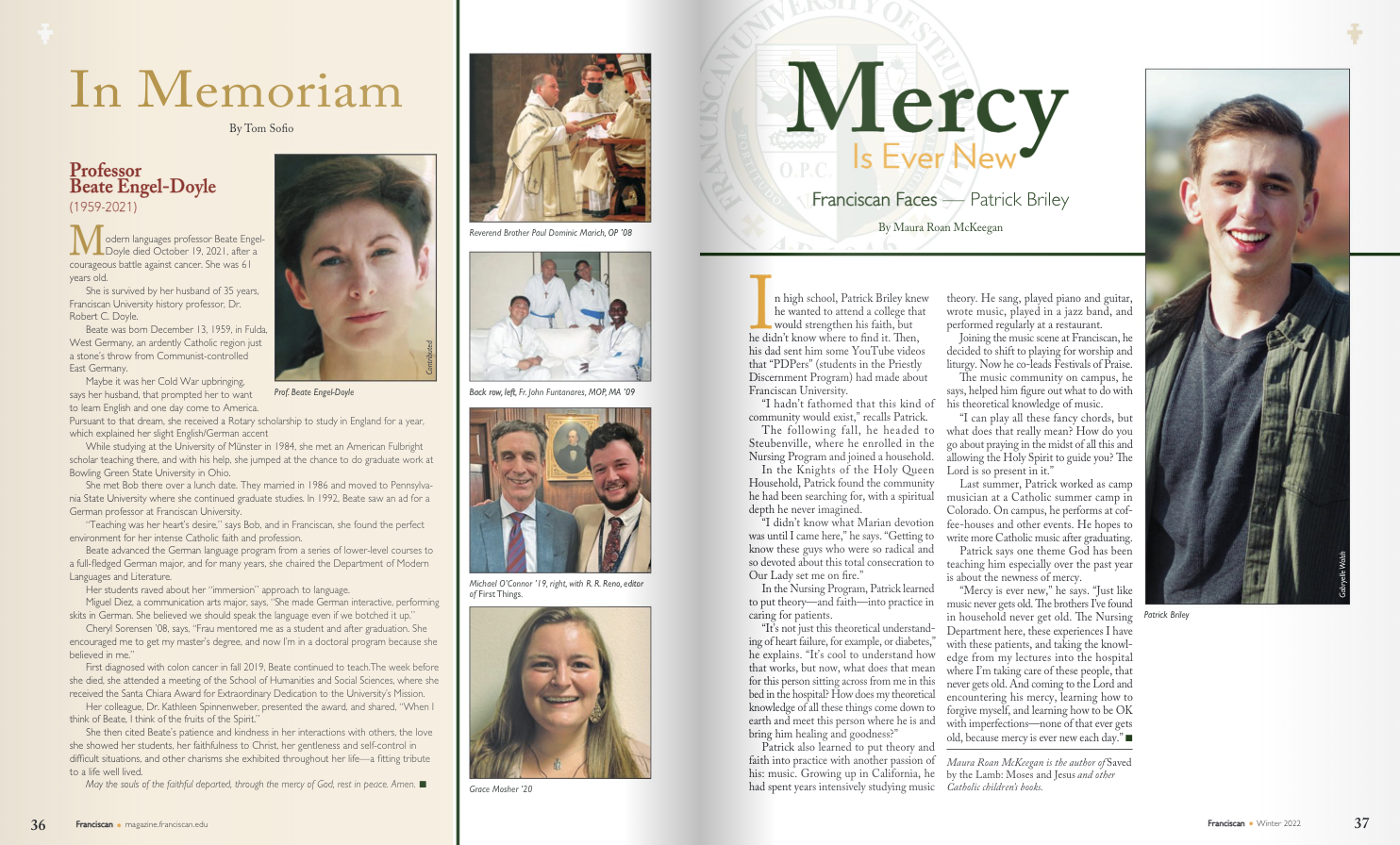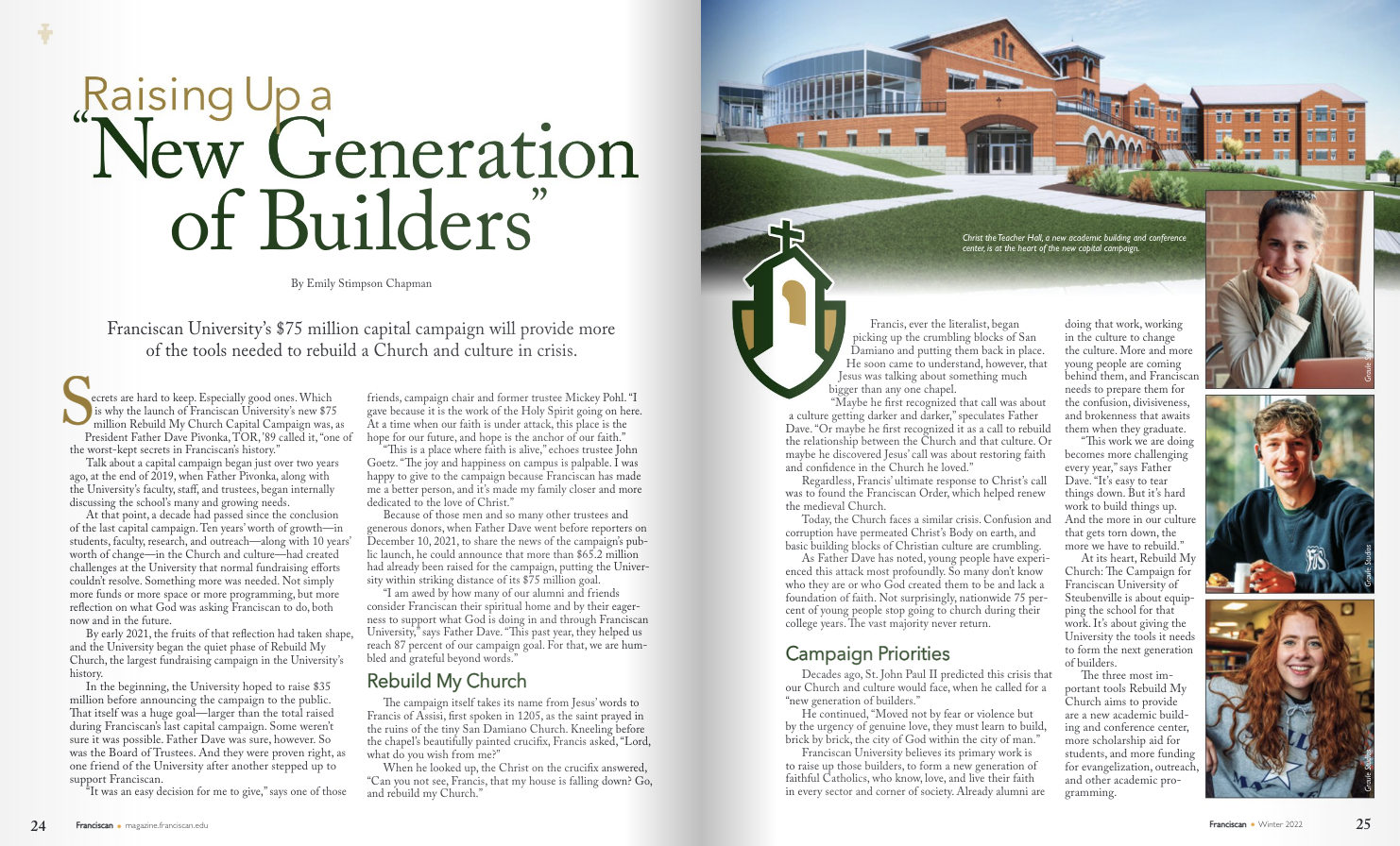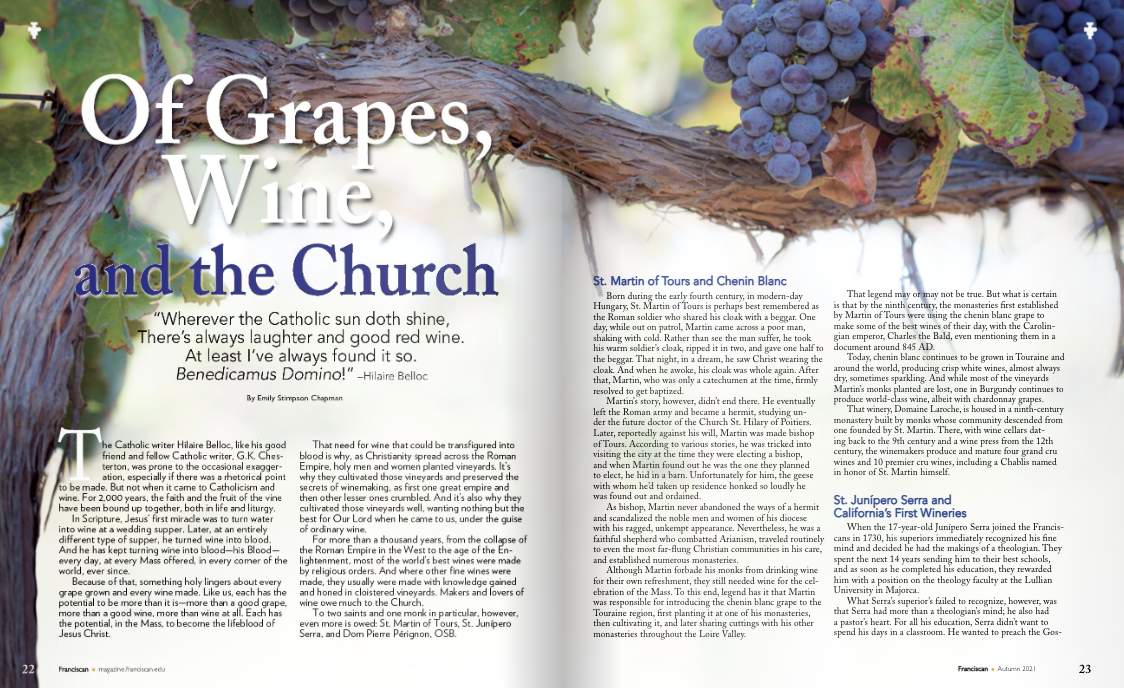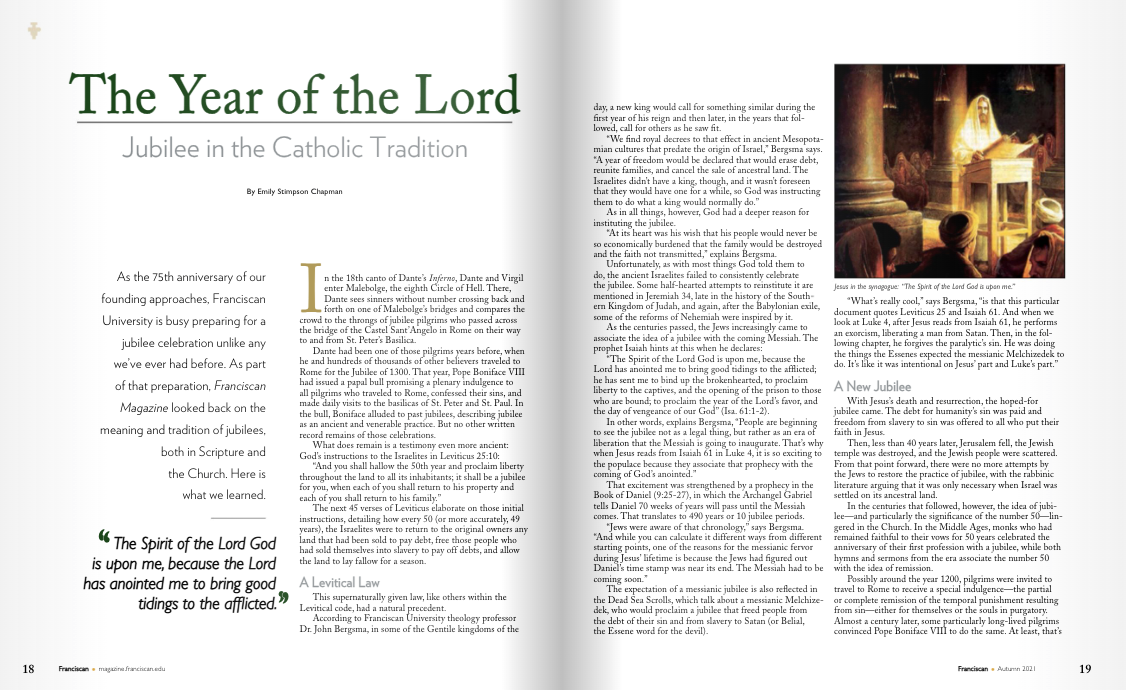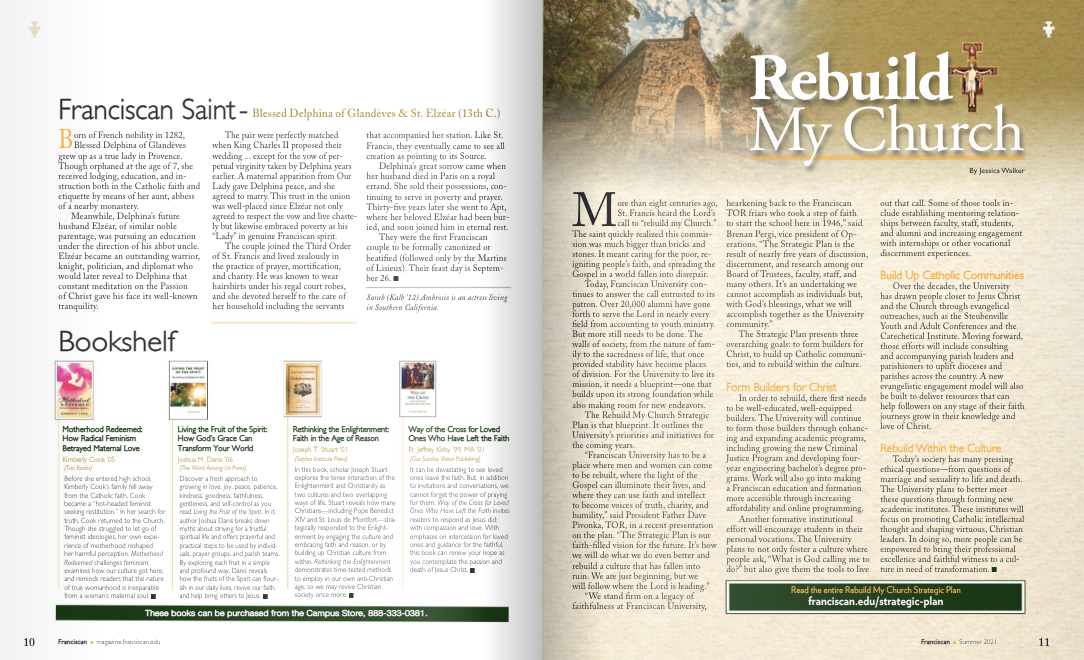Our fallen world needs Catholics who are being challenged and changed by the eucharistic encounter,” says Dr. James Pauley, professor of theology and catechetics at Franciscan University. Yet there are “significant declines in the numbers of Catholics who believe that Jesus is truly present in the Eucharist.”
According to a 2019 Pew Research survey, only about half of the Catholics they questioned said that during Mass, bread and wine become the Body and Blood of Christ.
Catholics scored only a little better than atheists on this question. Almost half of atheists surveyed knew what the Catholic Church teaches about transubstantiation.
Even more bad news: Also according to Pew Research, only about a third of American Catholics believe what their own Church teaches about the Eucharist. Apparently, many know the doctrine but reject it.
Jesus said, “For my flesh is food indeed, and my blood is drink indeed … Many of his disciples, when they heard it, said, ‘This is a hard saying; who can listen to it?’” ( John 6:55, 60). A hard saying for American Catholics, too.
If the Eucharist is the “source and summit of the Christian life,” and it’s just bread … why be Catholic?
Or, to turn it right side up: The Eucharist is the reason to be Catholic.
We need better catechesis, of course; but more than that—we need a revival.
Which is exactly what the U.S. bishops are hoping to ignite ahead of 2024’s Eucharistic Congress. Bishop Andrew Cozzens is organizing a three-year revival period, working with dioceses, parishes, and groups (like the Knights of Columbus, FOCUS, and charismatic renewal) to create a eucharistic movement of adoration, education, music, art, and more.

Bishop Cozzens is the chair of the U.S. Conference of Catholic Bishops (USCCB) Evangelization and Catechesis Committee and newly appointed bishop of Crookston, Minnesota. He wants the faithful to learn, or remember, that the Eucharist is our life.
Bishop Cozzens has invited Pauley to serve on the revival’s executive team.
“I could not imagine a worthier project into which to invest myself,” says Pauley, who has written an award-winning book on the renewal of liturgical catechesis. The new evangelization, he adds, depends on preparing people to “intelligently encounter Jesus in the Eucharist.”
At their first meeting, Pauley says he “was so impressed with Bishop Cozzens and his leadership.”
A former NET Ministries missionary, Bishop Cozzens is a prayerful man dedicated to evangelization. At their retreat and planning meetings for the revival, says Pauley, Bishop Cozzens would often send the team to the Blessed Sacrament for wisdom and direction.
Pauley will be serving on the Committee on Leadership Resources and Strategy, which will help dioceses identify and form Catholic leaders, as well as formulate best practices for diocesan eucharistic congresses and devotions.
The revival is not about beefing up the statistics of Catholic Mass attendance. Or rather, it is, but only as evidence that more Catholics are becoming deeply committed to Jesus in the Eucharist.
According to Pauley, this eucharistic revival is the most important project our nation’s bishops have undertaken.
“We are in the process right now of listening to the Holy Spirit and thinking through the steps to create a culture of eucharistic desire within the Church.”
He hopes that over these next three years, American Catholics “develop the practice of living life centered on the Eucharist” and that liturgies will be celebrated “in a beautiful way,” so worshippers can see more clearly God’s mystery and power.
Franciscan University has, for so many years, been a light in the United States, specifically in our love for Jesus in the Eucharist.
The revival will culminate in a Eucharistic Congress. (Contrary to the media’s breathless reporting, the congress is not about whether or not pro-abortion politicians will be allowed to receive Communion.) Pauley sees this national event as a possible trajectory-changing experience for the American Church, comparable to what the 1993 World Youth Day in Denver did for youth ministry. It will be an experience to help Catholics see the Eucharist “with new eyes, but also to encounter the broader Mystical Body of Christ in a very powerful way.”
Pope Benedict XVI once compared the effects of transubstantiation to “nuclear fission,” says Pauley. “Receiving the Eucharist is meant to introduce a principle of radical change within a person, giving him or her the capacity for unmeasured, self-giving love.”
Pauley hastens to add that it doesn’t work like magic. It requires an assent from each of us to seek to “abide in Christ in a deep communion through the Eucharist.”
Pauley is excited to explore the ways students, alumni, staff, and friends of Franciscan University can join the revival. With many options for Mass every day, eucharistic chapels all over campus, including in the dorms, and perpetual adoration in the Portiuncula Chapel, Franciscan University acts as a witness to the centrality of the Eucharist and encourages frequent personal encounters with Jesus.
“Franciscan University has, for so many years, been a light in the United States, specifically in our love for Jesus in the Eucharist,” says Pauley. “I believe so many of our graduates are well equipped, due to their Franciscan education, to be leaders in their parishes and dioceses in this once-in-a-lifetime project.”
And Pauley has hopes that this revival will help orient catechesis “completely to the eucharistic mystery, which is the summit and font of the whole Church’s life.”
A “Place of Refuge”
By Cecilia Engbert
Eucharistic adoration is an important part of spiritual life at Franciscan University, especially since many students take advantage of the 24-hour adoration available in the campus’ Portiuncula Chapel.
For many, adoration of the Eucharist is a highlight of the day. Sophomore Carlos Ramos, a philosophy major from Azusa, California, says adoration keeps him centered and humble.
“It gives me the peace of heart that allows me to hear His voice always. It keeps me humble to stand before the King of Kings,” he says.
Ramos says when he goes before the Eucharist, he remembers, “I am his, and everything I have been given has been by his hand. This self-emptying lets me commence all days with a love that is unparalleled. By receiving love and giving it, I become like love.”
Trevor Foley, a freshman early education major from Columbus, Ohio, says adoration helps him to understand more of what God is trying to say to him.
“I think it’s pretty powerful, and I feel like it brings me closer to God,” Foley says. “I can spend an hour just hearing what he has to tell me. Seeing him and being there opens up the doors to him even more.”
Victoria Unnerstall, a sophomore biology/chemistry major from St. Louis, Missouri, says being in the presence of God makes personal problems become much smaller.
“Whenever you go to adoration, you set aside the troubles of the day, and you’re able to let God’s love just flow into your soul and surround you and comfort you,” Unnerstall says. “My problems become so much smaller because I take that time to focus on God and focus on what truly is important. Even if it’s just for two minutes, there are many fruits from just going.”
Sarah Kressin, a senior social work major from Fallbrook, California, calls adoration her “place of refuge.”
“Instead of seeking things of the world for refuge, I’m seeking it in the shelter of God in his tabernacle, in the Eucharist. It helps me deny myself and detach from the world,” she says.
For Marguerite Naaden, a junior computer science major from June Lake, California, eucharistic adoration is a way to get to know God better.
“It’s very helpful to pray in front of the Lord because it’s easy to get distracted or not think about him when you’re not in his presence,” she says. “It also helps to clear my mind, to reset mentally, to have a good outlook on life.”
Cecilia Engbert is a senior communication arts and theology double major at Franciscan University.
Celeste (Gregory ’93) Fortenberry writes from Lincoln, Nebraska.



